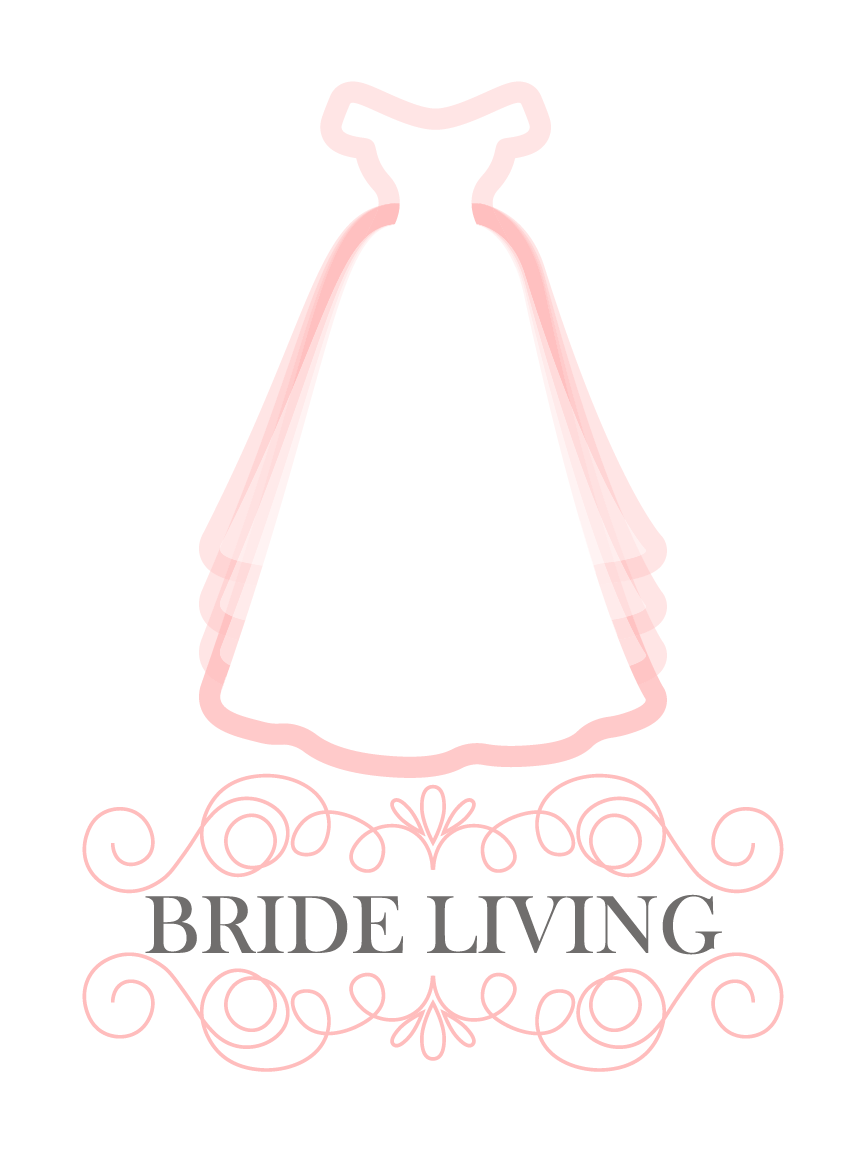The Pros And Cons Of A Prenup
The love of your life has finally proposed, and now it’s time to start planning the best day of your life – the day you say your vows and commit to each other for life! However, before you get sucked into choosing your decor, colors, dress, and all the other nitty-gritties of your big day, there are some significant legal matters that you and your future spouse need to discuss before you tie the knot. That’s where the prenup comes in – some people hate the idea of signing a contract with your significant other in case of death or divorce, but the fact of the matter is that it is so important to plan for the worst and hope for the best – and that’s what a prenup is for. But before we get into the pros and cons of this legal contract, let’s start with the basics.

What is a prenup?
A prenup, or prenuptial agreement, is a written legal contract between two people – in this case, you and your partner, that is drafted and signed before the marriage takes place and is a legally binding document to be adhered to in the case of divorce. The contract usually includes the terms for spousal support or alimony, property and asset allocation, and specifications regarding who is responsible for debt incurred during the marriage. Both parties must fully disclose their financial obligations and any property in their name.
It is important to note that a prenuptial agreement can be considered invalid if either party is coerced into it against their will. So it’s crucial that you and your partner are both on the same page when entering the agreement and that you are both entering it voluntarily and openly.
So, why get one?
You don’t feel that entering the marriage with the thought of divorce at the back of your mind is a good idea. You love each other and always will, right? Wrong. Sure, you’re in love now, but life hasn’t hit you yet. Ten years down the line, once you’ve had your kids and the honeymoon phase is long gone, you might feel very differently about each other. People change, including you, and for whatever reason, you might not want forever with your partner anymore – and that’s okay. That’s why you have a prenup – to protect both of you in the event of the worst-case scenario.
The pros:
According to experts in the field of divorce, things can get ugly pretty fast without one. Legal bills can increase as each party fights for what they believe is rightfully theirs as the marriage falls apart – and any hopes for parting ways amicably can deteriorate pretty quickly.
A prenuptial agreement means that if you’ve helped your spouse pay off any of their personal debts during the marriage, you have a chance to claim it back if you get divorced. Without a prenup, you may not be able to get that money back – money that you could use to regain financial independence after the expenses of a divorce. A prenup can also protect both parties from any debts that the other has accrued, making either party’s debts their own.
A prenup isn’t only about the two parties involved but also helps to preserve the best interests for the children both from previous relationships as well as the existing marriage and also protects either party in terms of their own individual financial successes. If you’ve got a successful business that you have grown before the marriage, you can protect that asset in the event of the marriage terminating.

The Cons:
A prenuptial agreement doesn’t always have positive connotations – especially if one party is benefiting more from it than the other. For example, your partner may want to protect their existing assets in the case of a divorce – which means that you won’t gain from any of those properties or businesses in the event of a divorce, and that can feel pretty heavy if you’re only entering the marriage with a car to your name – or perhaps nothing at all.
You will be expected to pay legal fees for the contract to be drawn up and overseen by a lawyer – money you could be putting towards the wedding. That being said, the fees of a divorce without a prenup can be far more costly.
The Bottom Line:
To prenup or not to prenup, that is the question.
At the end of the day, the decision to enter a prenuptial agreement is a very personal decision to be made between you and your partner. If you are both entering the marriage with assets to the same value, or perhaps no assets at all, then a prenup may not be necessary. However, if one or both of you have a business, property, or assets that you wouldn’t want to lose if you do get divorced, then the best thing to do would be to have a prenup to protect both of you if your marriage doesn’t work out.
Remember, a prenup is there to protect both of you and your children – it’s not to create tension in your marriage. Once it’s signed, forget about it unless you have to face each other in a courtroom one day – just enjoy your life together, and congratulations on your engagement! Now go on and plan your special day.
